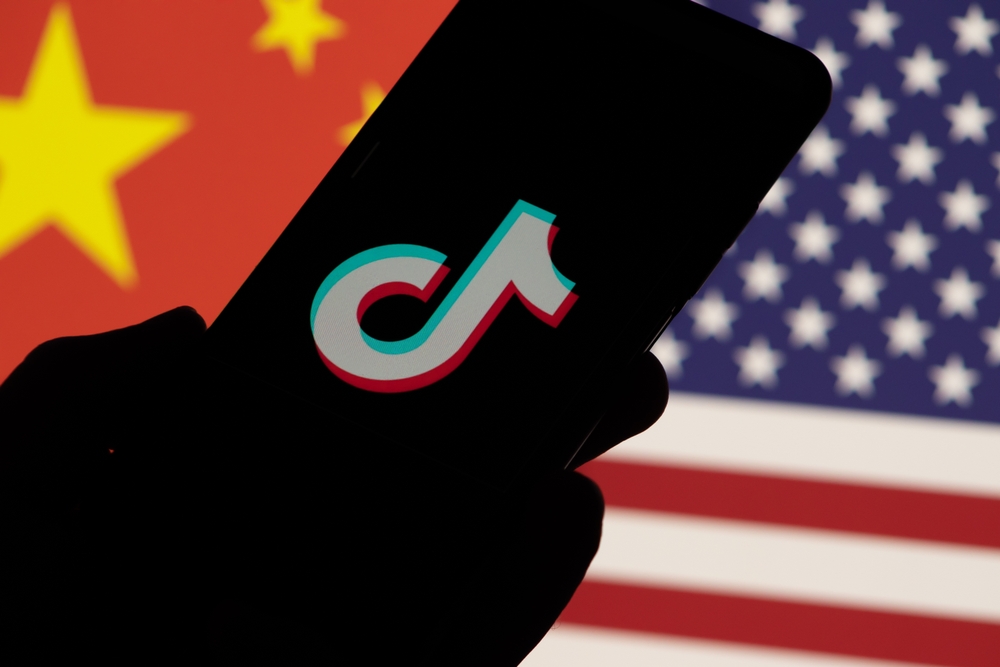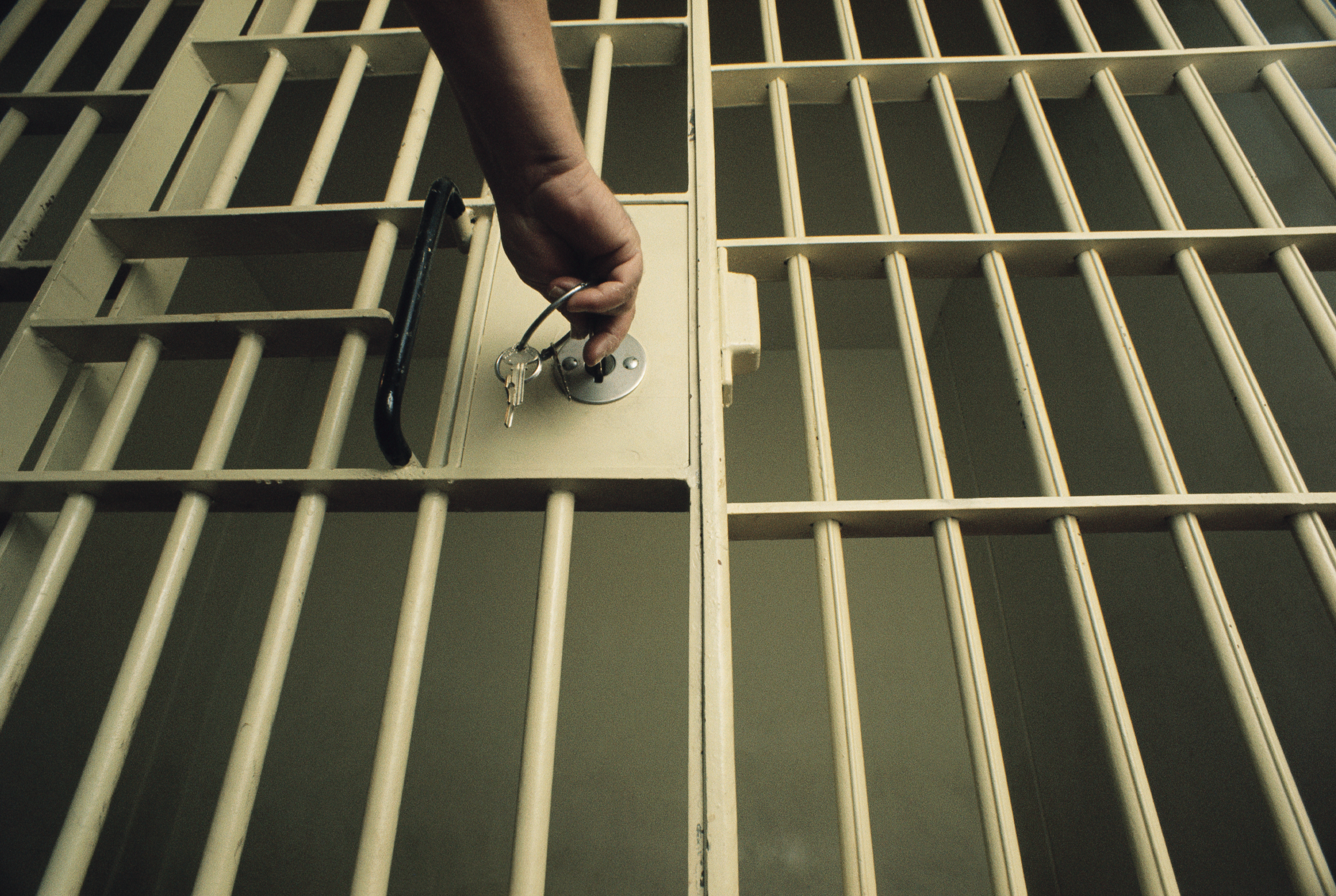A jury has been picked in the Bill Cosby sexual assault retrial in suburban Philadelphia.
Prosecutors and the defense have settled on the panel of 12 jurors who will sit in judgment of the 80-year-old comedian. They still have to pick six alternates.
The main panel appears to have 10 white and two black jurors. Cosby's lawyers had accused prosecutors of racial discrimination Wednesday for excluding a black woman from the panel. Prosecutors denied race had anything to do with it. Cosby is black.
The jury has seven men and five women.
Cosby has denied charges he drugged and molested a woman at his home.
Cosby's lawyers alleged a member of the prosecution team made a disparaging remark Wednesday after a black woman was removed from consideration as a prospective juror in the retrial.
Cosby's lawyers didn't reveal in open court what they alleged had been said, but sought to use the remark as evidence that prosecutors illegally removed the woman from the jury pool on the basis of her race.
U.S. & World
Prosecutors pushed back, noting two blacks have been already been seated as jurors. The judge said he didn't believe the prosecution had any "discriminatory intent" but halted the third day of jury selection to consider the defense argument.
Cosby lawyer Kathleen Bliss said someone connected with the defense team heard someone on the prosecution side say "something that was discriminatory and repulsive."
"By all appearances, she was a perfectly qualified juror who stated that she could be fair and impartial," Bliss said, adding there was no explanation for the woman's removal "other than her race."
District Attorney Kevin Steele responded there was "absolutely no legitimacy" to the defense's challenge, adding that prosecutors had no problem seating the two other black people who've appeared for individual questioning so far.
"Of the two opportunities we have had to take a member of the African-American community, we have done so," Steele told Judge Steven O'Neill. "For them to now make the claim that the strike of an individual establishes some type of pattern is, I think unfortunately, not being done for this court but for the media behind us."
O'Neill ordered both sides into chambers to talk it over.
Steele didn't give a reason why the prosecution used one of its seven peremptory strikes on the woman, who had said she could ignore what she knows about the Cosby case and the #MeToo movement against sexual misconduct in order to serve as an impartial juror. She also said being a domestic violence victim wouldn't color how she serves.
The battle over the juror's removal highlighted a vast racial disparity in the suburban Philadelphia jury pool that's limiting the number of black people available for consideration.
Just 10 of 240 prospective jurors brought in on the first two days of jury selection were black, or about 4.2 percent. The black population in Montgomery County is about 9.6 percent black, according to the latest U.S. Census estimates.
The county's jury questionnaire asks prospective jurors to self-identity their race to "help the court to monitor the juror selection process to avoid discrimination." The questionnaire makes clear that it's against the law to discriminate against potential jurors.
The county says the names of people called for jury duty are selected randomly from a master list that combines voter registration records and driver's license records.
Cosby's lawyers had appeared ready to strike at the first instance of prosecutors blocking a black juror, producing a legal brief that argued the move violated a 32-year-old Supreme Court ruling that prohibits prosecutors from excluding prospective jurors because of their race. The defense had made the same argument on Tuesday regarding the prosecution's exclusion of several white men, but O'Neill rejected it.
The legal maneuvering came as lawyers picked an eighth juror, a white woman who was at first hesitant to guarantee she could block out what she's read and seen about the Cosby case and the #MeToo movement against sexual misconduct.
"I could try. I mean, it's still in my head," she explained, before eventually agreeing.
Cosby has pleaded not guilty to charges he drugged and molested Andrea Constand at his suburban Philadelphia home in 2004. He says the encounter with the former Temple University women's basketball administrator was consensual.
Prosecutors plan to call as many as five additional accusers in a bid to portray Cosby — the former TV star once revered as "America's Dad" for his family sitcom "The Cosby Show" — as a serial predator.
The AP does not typically identify people who say they are victims of sexual assault unless they grant permission, which Constand has done.
As Wednesday's session got underway, a judge gave The Associated Press and other media organizations more access to jury selection.
Media lawyers had challenged an arrangement that forced reporters to watch the group questioning part of the process on a closed-circuit feed from another courtroom. The camera showed the judge, prosecutors and defense lawyers, but not potential jurors who were being questioned as a group.
Montgomery County President Judge Thomas DelRicci agreed to move the camera to the back of the courtroom so the media could see the potential jurors. The judge refused to make room in the crowded courtroom for a pool reporter, but said if the jury pool did not fill the room to capacity, he'd allow reporters to attend live.



